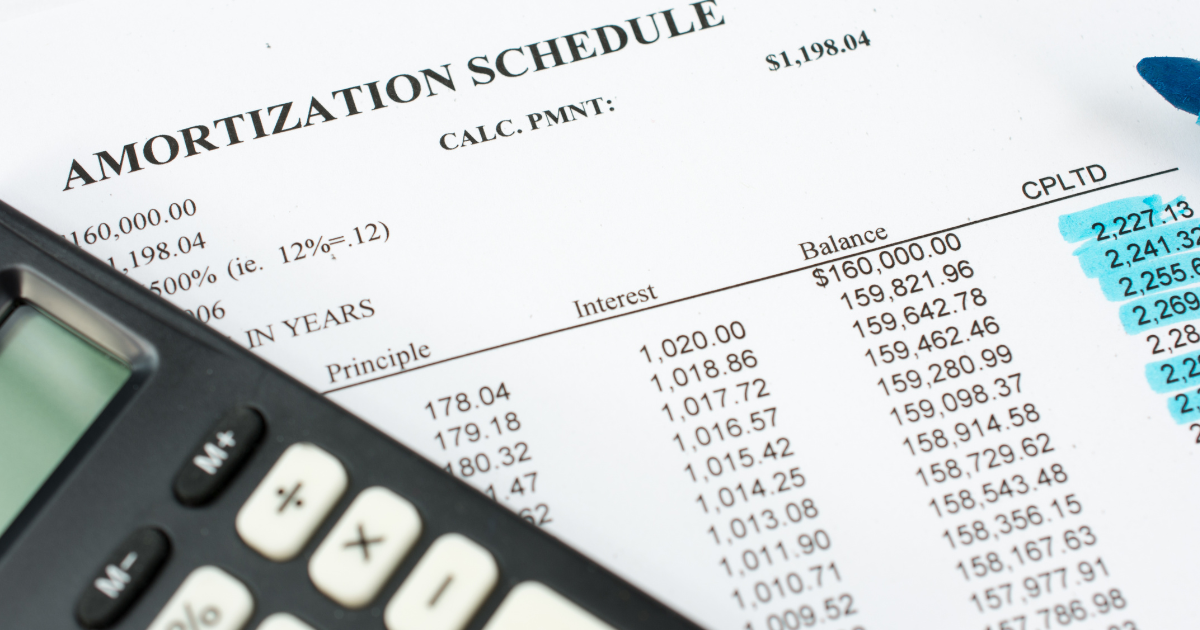Understanding Mortgage Points
When you apply for a mortgage, the lender will present you with an interest rate. But that rate isn’t always fixed in stone. Borrowers often have the option to “buy down” their rate using something called mortgage points (also called discount points).
Mortgage points are an upfront cost you pay at closing to secure a lower interest rate over the life of your loan. Each point generally costs 1% of the loan amount and reduces your interest rate by a fraction (commonly 0.25%).
For example:
If you take out a $300,000 loan, one point would cost $3,000. In exchange, your lender may lower your interest rate from 6.5% to 6.25%.
This tradeoff—paying more upfront to save money monthly—isn’t automatically good or bad. Whether points are worth it depends on your budget, financial goals, and how long you plan to stay in the home. Check out todays ZERO Closing Cost Mortgages Rates!
The Basics: Types of Mortgage Points
There are two types of mortgage points, and they serve very different purposes:
1. Discount Points
These are the ones most borrowers are talking about when they say “buying points.” Discount points lower your interest rate. The more points you buy, the more your monthly payment goes down—though the savings follow a diminishing curve.
2. Origination Points
These are fees charged by some lenders to cover the cost of processing the loan. They don’t reduce your interest rate; they’re simply another name for a lender fee. Not all lenders charge origination points, and at CapCenter, we never do—because our clients benefit from Zero Closing Cost mortgages.
How Buying Points Works in Practice
Let’s look at a scenario. Suppose you’re choosing between two options for a 30-year fixed-rate mortgage:
- Option A: No points
Loan amount: $300,000
Interest rate: 6.5%
Monthly principal & interest: $1,896
- Option B: One point ($3,000 upfront)
Loan amount: $300,000
Interest rate: 6.25%
Monthly principal & interest: $1,847
In this case, you’d save $49 per month by buying a point. But you also paid $3,000 at closing. To break even, you’d need to stay in the loan for about 61 months (just over 5 years). If you sell the home or refinance before then, you lose money.
When Buying Points Makes Sense
Mortgage points aren’t a one-size-fits-all decision. Here are situations where purchasing points might be worthwhile:
- You plan to stay long-term. If you’ll be in the home for 10+ years, the savings from a lower monthly payment can far outweigh the upfront cost.
- You want to lower your monthly payment. Even a modest drop in interest rates can reduce monthly strain on your budget.
- You’re confident you won’t refinance soon. If rates are already low or you’re satisfied with locking in for the long haul, points can secure lasting savings.
- You have cash available. If you have funds beyond your down payment and emergency savings, investing in points can yield a guaranteed return through interest savings.
When Buying Points Doesn’t Make Sense
There are also times when paying for mortgage points isn’t the smartest move:
- You expect to move soon. If you plan to sell within a few years, you may never reach the break-even point.
- You’re likely to refinance. If rates drop in the near future, paying points today could be wasted money.
- You need to conserve cash. For many buyers, keeping more money on hand for repairs, moving expenses, or emergencies is more valuable than long-term savings.
- You qualify for programs that already lower costs. CapCenter’s Zero Closing Cost mortgage, for instance, already saves clients thousands upfront—so the need to “buy down” costs is less urgent.
Mortgage Points vs. Zero Closing Costs
Here’s where CapCenter stands out. With most lenders, you face two separate upfront costs: standard closing costs (like appraisal fees, origination charges, title fees, etc.) plus the optional purchase of mortgage points.
At CapCenter, we eliminate closing costs altogether. That means our clients can put their money toward their down payment, keep it in savings, or—if it truly makes sense—apply it toward buying down their interest rate with points.
This flexibility puts you in control: instead of wasting thousands on unavoidable fees, you decide whether lowering your rate is worth it.
If you’d like to see how this plays out with your own numbers, check out CapCenter’s Mortgage Calculator or Home Value Estimate Tool.
Key Considerations Before Buying Points
When weighing mortgage points, ask yourself:
- How long do I plan to keep this loan? Calculate your break-even period and compare it to your expected time in the home.
- Can I afford the upfront cost comfortably? Make sure points don’t deplete your savings buffer.
- What’s the interest rate environment? If rates are high and expected to drop, buying points may not be as wise. If rates are historically low, points might lock in extra-long-term savings.
- Am I better off making a bigger down payment? Sometimes, reducing your loan balance (and avoiding private mortgage insurance) saves more than buying points.
FAQs About Mortgage Points
Do mortgage points lower your principal balance?
No. They only reduce your interest rate. Your loan amount remains the same.
Are mortgage points tax-deductible?
Yes, in many cases, discount points are deductible as mortgage interest in the year you paid them (consult a tax professional for your specific situation).
How many points can I buy?
There’s no universal cap, but most lenders allow between two and four points.
Do VA, FHA, or USDA loans allow points?
Yes. These loan programs generally permit the purchase of discount points, but the rules on how many you can buy and how sellers can contribute vary.
Should You Buy Mortgage Points?
At the end of the day, mortgage points are an investment decision. They require you to weigh upfront cost against long-term savings. If you’re financially stable, planning to stay in your home for many years, and comfortable with the upfront expense, buying points can save you tens of thousands over the life of a loan.
But for many borrowers—especially first-time buyers—keeping cash available and leaning on programs like CapCenter’s Zero Closing Cost mortgages may deliver more immediate value.
The good news is, you don’t have to figure this out alone. CapCenter’s team can walk you through your break-even calculations, compare scenarios, and help you decide whether buying points fits your goals.
Conclusion
Mortgage points can be a powerful way to lower your interest rate—but they aren’t always the right move. The decision hinges on how long you’ll keep the mortgage, your cash reserves, and your broader financial strategy.
At CapCenter, we give you the freedom to make this decision without being weighed down by unnecessary fees. With Zero Closing Costs, you start the process thousands of dollars ahead compared to other lenders. From there, you can choose whether points make sense for your situation.
Ready to see how mortgage points would impact your loan? Try our Mortgage Calculator or talk to a CapCenter loan consultant today.




